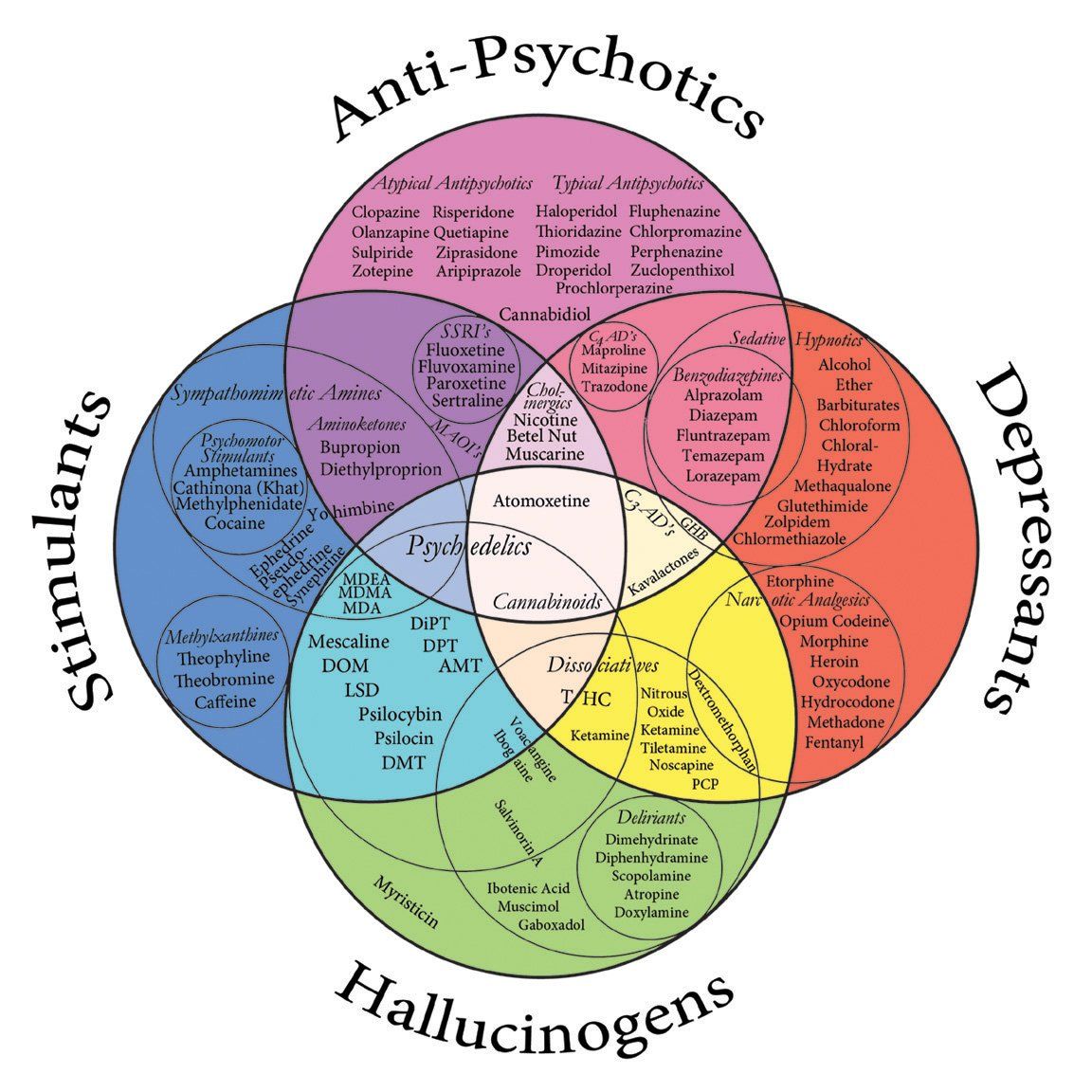Ketamine

Safety and side effects:
Common side effects during IM ketamine include a dissociative experience (the ketamine “high”), a brief increase in blood pressure, dizziness and nausea. Patients are advised not to drive for 6 hours after each treatment. Patients should make the necessary arrangements for transportation after each treatment.There is extensive ketamine safety data when used sporadically for anesthesia. There is also good data on the safety of using it for several years for pain control, at doses comparable to those used for the treatment of psychiatric disorders. There is also significant evidence that long-term ketamine abusers develop serious side effects such as cystitis (a painful inflammation of the bladder) and cognitive problems. However, ketamine abusers typically use between 1,000-5,000 mg of ketamine several times a week. Psychiatric patients will rarely receive more than 75 mg a week.
During the initial evaluation, a thorough review of all potential side effects will be given, and questions about the treatment will be answered.
To schedule an evaluation :
Please call 314-222-5828
Please note: ketamine is not for everyone, and not everyone responds to ketamine. Patients whose psychiatric condition is serious enough to consider ketamine treatments should be under regular psychiatric care. We expect our patients to have ongoing psychiatric care, and will gladly communicate with their psychiatrists while they undergo ketamine treatments.
